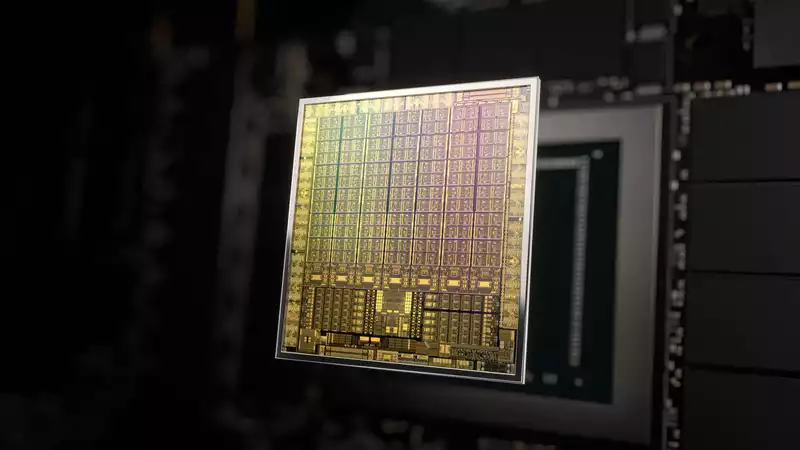Since yesterday, the Folding@home effort has been powered by support for CUDA, a parallel computing platform that allows Nvidia to provide GPU acceleration to help fight the ongoing global pandemic of mass It will be at the forefront to assist in the evaluation and synthesis of molecules. As such, projects like COVID Moonshot will receive a serious boost in the fight against COVID-19. When the fate of the world is at stake, increased processing power is never a bad thing.
CUDA support means that most projects using the open source Folding@home distributed computing technology (based on the OpenMM toolkit) will see at least a 15-30% performance increase from most standard GPUs, with some Some are pushing for even more performance gains; Nvidia's Geforce GTX 660, 670, and 680 cards have even achieved 50-60% speed gains in benchmarks.
COVID Moonshot Sprints are on another level. It uses OpenMM features to figure out how much of an impact potential agents have, and shows speedups of 50-100% on many GPUs. At the top end, the CUDA-enabled COVID moonshot project (which identifies potential treatments) benchmarks a whopping 50-400% performance improvement in GPU acceleration.
COVID Moonshot is a crowdsourcing, open science, drug discovery project that brings together an expanding network of volunteer scientists running protein dynamics simulations on their personal PCs in a race to find important anti-viral drugs. Such a project, if successful, could lead to a low-cost, patent-free, two-pill-a-day drug therapy for patients suffering from COVID-19.
In the coming days, CUDA support will be seamlessly integrated into many Folding@home projects and a new version 0.0.13 of the core22 software will be released.
Join the fight.


Comments